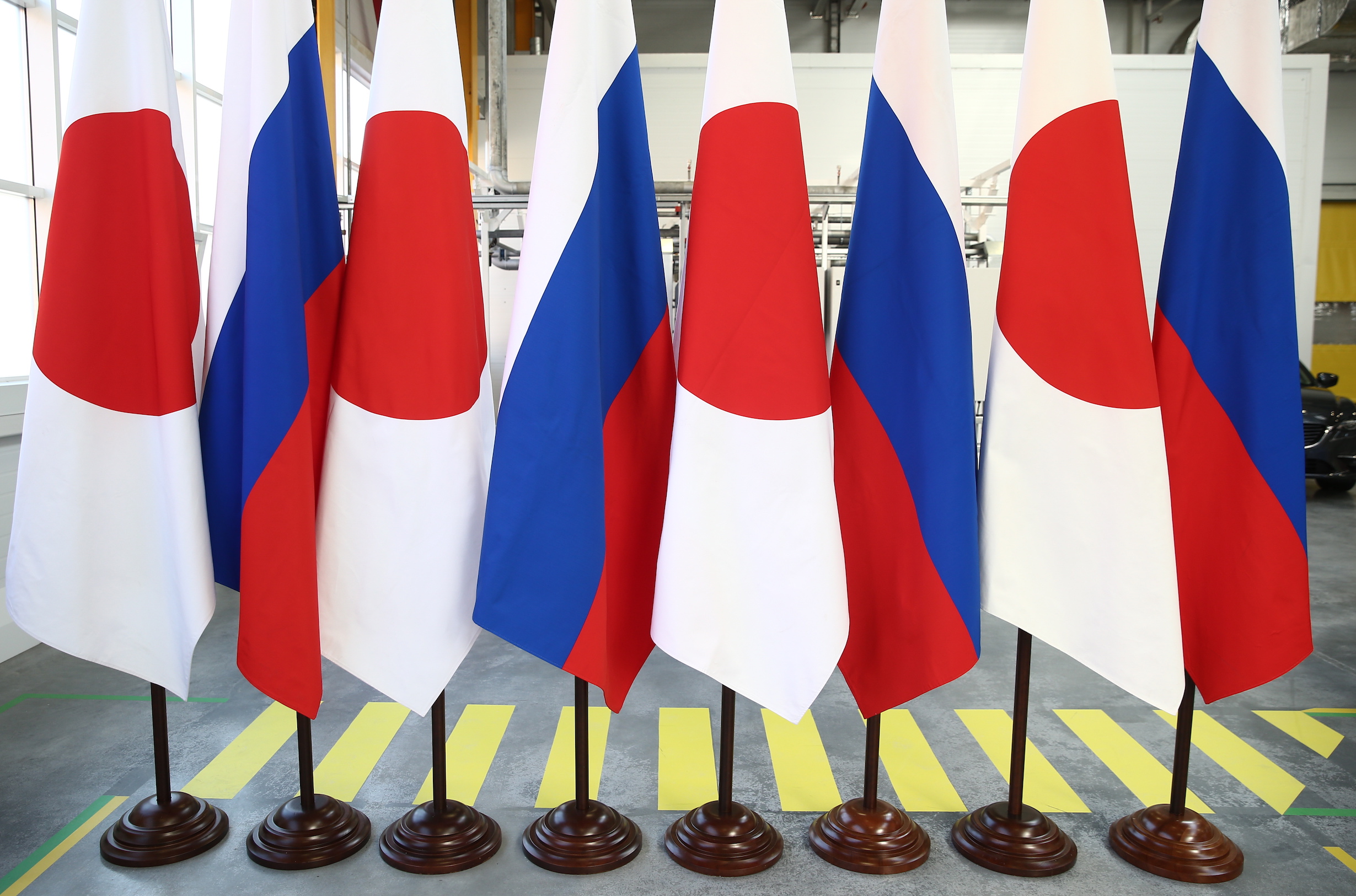ID :
613997
Thu, 11/11/2021 - 10:43
Auther :
Shortlink :
http://m.oananews.org/index.php//node/613997
The shortlink copeid
Japan favors signing of peace treaty with Russia after solving Kuril Islands issue

TOKYO, November 11. /TASS/. Tokyo favors the signing of the peace treaty with Russia after solving the territorial issue, Japan’s new foreign minister Yoshimasa Hayashi told the first press conference after his appointment to the post.
"As far as the peace treaty with Russia is concerned, we should not pass [this problem] to future generations. We are committed to the focus on signing the peace treaty after the territorial issue is solved," he said on Thursday. Tokyo also intends to continue negotiating the peace treaty with Moscow "on the basis of existing agreements," including those reached at the top level in Singapore in 2018, the minister added.
For decades, Moscow and Tokyo have been holding consultations in order to hammer out a peace treaty in the aftermath of World War II. The southern Kuril Islands issue remains the key sticking point. In 1945, the whole archipelago was handed over to the Soviet Union. Tokyo laid claims to Iturup, Kunashir, Shikotan and a group of uninhabited islands. The Russian Foreign Ministry has repeatedly stated that Moscow’s sovereignty over the islands is enshrined in international law and cannot be called into question.
In November 2018, Russian President Vladimir Putin and then Japanese Prime Minister Shinzo Abe held a meeting on the sidelines of the ASEAN summit in Singapore and agreed that the two countries would accelerate the pace of the peace negotiations based on the 1956 Joint Declaration. The declaration ended the state of war, saying that the Soviet government was ready to hand Shikotan Island and a group of small islands called Habomai over to Japan on condition that Tokyo would take control of them once a peace treaty was signed.
The declaration was ratified by the parliaments of both states on December 8, 1956. As the Russian side has repeatedly noted, this document clearly stated that the issue of border delimitation could be considered only after the conclusion of a peace treaty.
Read more





